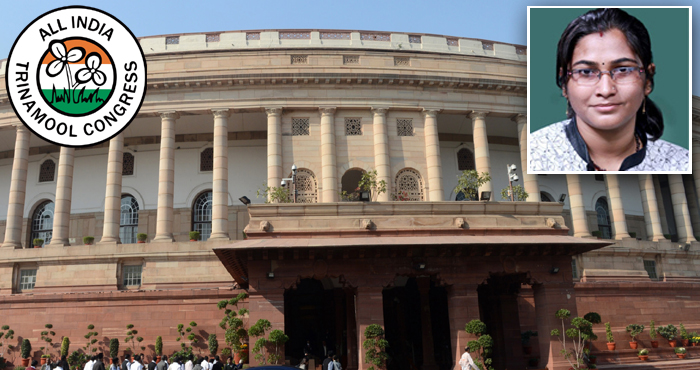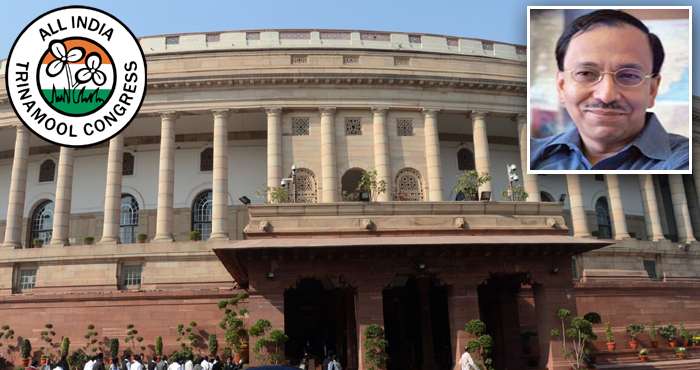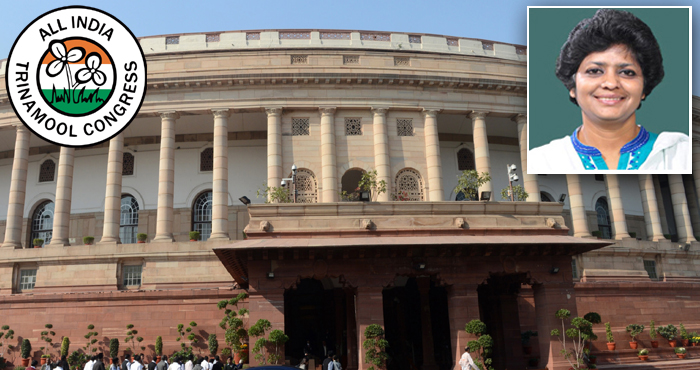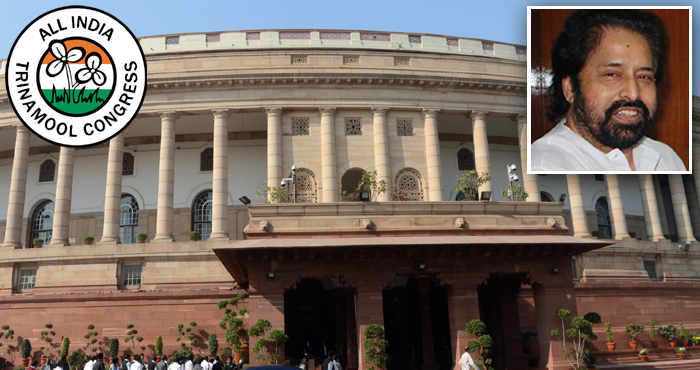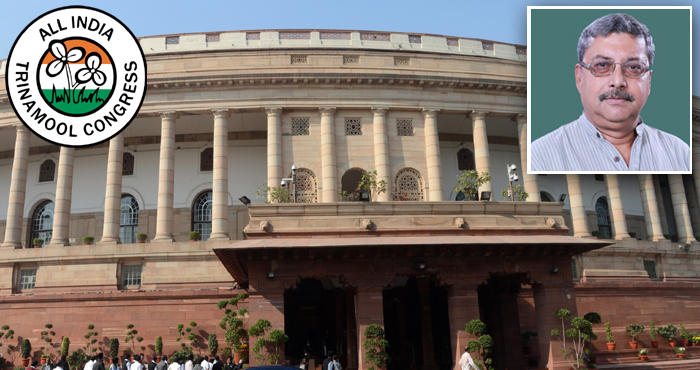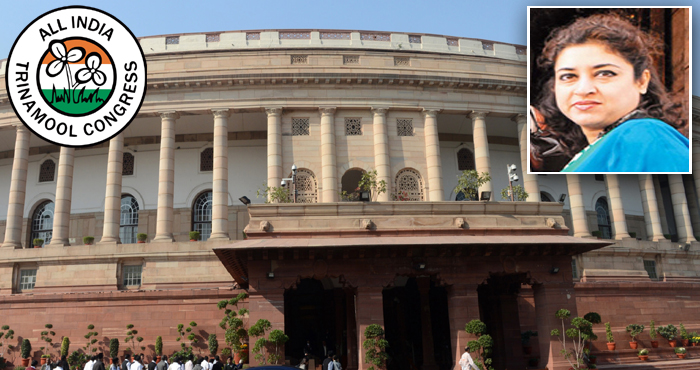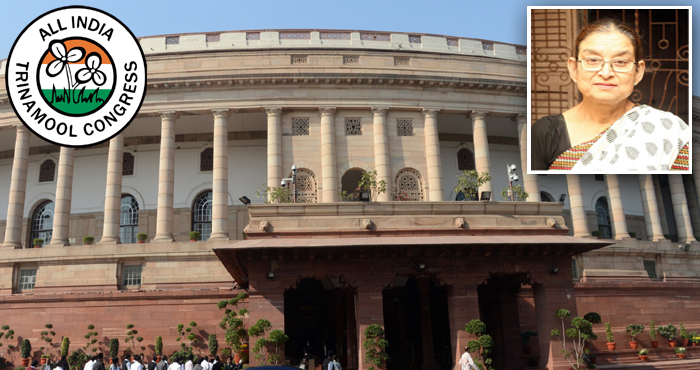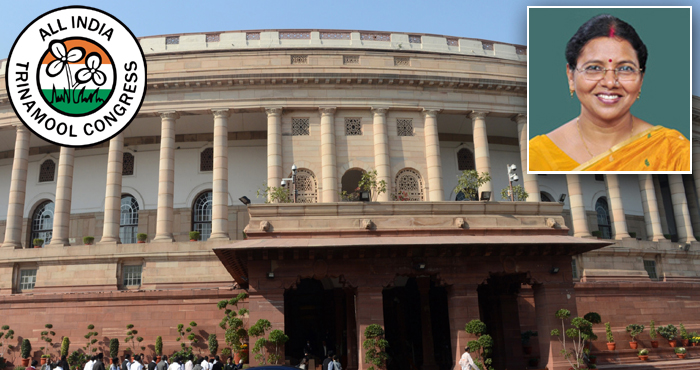Mr Deputy Speaker, Sir, I would like to take a part in the discussion on The Taxation Laws Amendments Bill brought before this House by Hon’ble Finance Minister Shri Arun Jaitley.
After the passage of a major tax reform, The Constitution Amendment Bill enabling GST, this is of course a small and somewhat technical amendment to the IT Act and the Customs Tariff Act. Let me at the outset take this opportunity to congratulate our Finance Minister for piloting through The Constitution Amendment Bill. A genuine co-operative federalism requires powers of taxation to be shared by the Centre and the States. And that perspective on federalism means that we should not restrict ourselves simply to working out a fair share of taxes. Seen in that light the States have been extremely farsighted and generous and I hope that the Central Government will recognize the farsightedness and generosity in future in strengthening our federal structure.
After supporting the government on such a major taxation reforms it would be churlish on my part to be overly critical of this Bill that has been brought somewhat suddenly; we have not had the opportunity to study its implications clearly. But as the Finance Minister clearly stated in his opening remarks, this legislation has three limbs and I will make some brief remarks about these three aspects of the legislative amendment that has been brought before us.
First of all there is going to be a change in relation to granite and marble sector. Here I would say that generally speaking our manufacturers ought to be encouraged to be more competitive both in terms of cost and quality.
We should not generally be encouraging protectionist tendencies in our industry and it seems to me that it is little premature to change this particular law increasing the customs duty from 10 percent to the WTO bound rate of 40 percent.
Since the Finance Minister has just considered a little while ago that various non-tariff barriers and the 10 percent customs duty together have been providing effective and adequate protection, we seem to be anticipating something that is happening with the nontariff barriers and I hope that in the course of his reply, Hon’ble Finance Minister will spell out who are the manufacturers and located in which States, who will be the main gainers from this.
At first sight it seems to me there are some manufacturers in Rajasthan who will probably benefit from this raising of customs duties – Nishikant Dubey ji was saying about the beautiful marble used in our historical monuments; that is not particularly relevant to the legislative amendment that is before us today. So I don’t think that it was strictly necessary at this stage but this is a small enough amendment of the customs duty in one particular sector. So we will not go to the extent of objecting to it or opposing it when it is put to vote.
The second limb is something that we have absolutely no difficulty with it. This is because it relates to the de-merger of the public sector companies; there is a particular history to this. BSNL was in fact a sold off in parts and we do not wish the Government which will be in the possession of land and similar assets to be subject to the capital gains tax. So, on the second limb of this tax legislation we are prepared to support the government unequivocally.
I now come to the third limb of this tax legislation and here I think we need to take a broad perspective. What is going to happen here is that there will be attractive incentive, I imagine, being given to manufacturers of governments and apparels. There is going to be a reduction in the requirement of number of days that they have to provide employment to their workers in order to get a particular exemption to the income tax.
As has already been pointed out by my friend from the Indian National Congress, India had a great opportunity as China moved up the scale of manufacturing industries and we could have actually filled the gap left by China in the garments and apparels sector. But I am afraid that we are losing that opportunity, if we have already not lost it. As has been pointed out that there are a number of manufacturers in South East Asia, countries have been mentioned Vietnam, Cambodia, and Indonesia who are filling the lacuna left by China. Then there is our friendly neighbour Bangladesh where the garments industry is flourishing and Bangladeshi export garments are breaking into the world markets. I think we need to ponder here and the Prime Minister’s ‘Make In India’ slogan remains upto this point a slogan and is not being transformed into reality.
I would like to add here that if we reflect on this point carefully, we really need our garments and apparel manufacturers to create more employment, not less. We are allowing them to provide less employment in order to get a particular incentive but we need encourage them to provide more employment and this kind of employment is directly related to empowerment of women. If we look at Bangladesh today, women have been empowered because they have an independent source of income. We do hear of terrible accidents, perhaps of a fire that have taken place in Bangladesh, but overall we see that the garments industry has employed a large number of women, and they have been empowered in terms of gender relations. And that is why I say that the policy of our Government ought to be to generate more employment and provide a safe working environment for the women in the garment and apparel sector. That should be the thrust of the policy.
This has to be said in the larger macroeconomic scenario where in India where we are expecting high output growth accompanied by anemic jobs growth. Everyone in India is concerned about the jobless growth that we are experiencing. There is a raging public debate going on in that particular context and therefore overall I wish to say that the government needs to pay attention to creating more employment-generating industries and the government needs to focus on labour quite as much as the capitalists.
We have very little private domestic investment. Our economies are being powered by FDI inflows and public investment in infrastructure. So, I appreciate that these three changes in our taxation laws will provide incentive to our manufacturers particularly in the granite and marbles sector and the textiles and apparels sector.
But there is far more to be done if the promise that our Prime Minister made to the youth of this country – that they will have well paying jobs – is to be fulfilled. If that promise remains unfulfilled then it would be a betrayal of the younger generations in our country and the political cost of such betrayal is something this government will have to pay, in many ways.
From the Opposition we are suggesting to the government that in their own interest they need to look more closely at creating more jobs, creating more employment-generating industries and I hope that the incentives provided in these taxation law amendments will provide a way forward in that direction.
Thank you so much, Mr Deputy Speaker, Sir.

